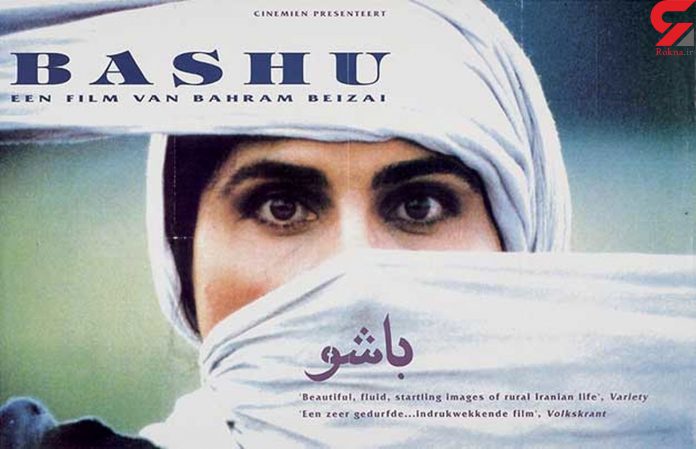Bashu, the Little Stranger
Bashu, the Little Stranger
Director: Bahram Beizai
Writer: Bahram Beizai
Cast & details:
Stars: Susan Taslimi, Parviz Poorhosseini, Adnan Afravian
Genre: Drama
Runtime: 120 min
Language: Persian with English subtitle
Premiere status: Sydney premiere
About the movie:
It is an Iranian drama, produced in the northern part of Iran, in Gilan province in 1986. The actresses and actors speak Gilaki dialect. Bashu, the Little Stranger was voted the “Best Iranian Film of all time” in November 1999 by a Persian movie magazine “Picture world” poll of 150 Iranian critics and professionals. The 2004 Malayalam movie Kaazhcha was reported to be inspired by this movie.
The great director of the movie, called “Bahram Beizai” is a filmmaker, playwriter, theatre director, screenwriter, film editor, and master of Persian literature, arts and Iranian studies. He is considered a pioneer of a generation of filmmakers whose works are sometimes described as the Iranian New Wave.
Synopsis, (Warning, spoilers):
The film is about a young Iranian boy from Khuzestan province (south of Iran) during the Iran–Iraq War. His parents are killed in a bombing raid on his home village and he escapes on a cargo truck to a very different region in the Caspian north of the country. Eventually he gets off and finds refuge on the farm of a Gilak woman, Na’i, who has two young children of her own. Although Na’i and Bashu are initially suspicious to each other but they come to trust one another, and Bashu becomes a member of the family, even calling Na’i “mom”.
Being that Bashu speaks Arabic, while Na’i and her children speak Gilaki, they have trouble communicating with each other, although Bashu is able to speak and read Persian.
They have big farms of rice, that is the usual product of northern Iran and they all deal with these kinds of jobs, from planting, harvest and selling them at the end of the season. Bashu also tries to help them and accepts different responsibilities of the farm.
In the movie we will see the adults in the village who don’t want to accept Bashu although the children ultimately prove to be more willing to accept him than their parents.
At the end Bashu, escaped from the war, will stay with them and starts having a new family, brothers and sisters.
Analysis:
One of the reviews of this movie was written by: Kevin Thomas in June 1990, in the Los Angeles Times. Kevin wrote his opinion as below:
“Bashu, the Little Stranger” is a pure joy in which there are absolutely no false moves and both laughter as well as tears. Every movement of the camera, its placement, its every composition, indeed, every cut in the film is exactly right, serving unobtrusively to tell a story.are absolutely no false moves and both laughter as well as tears. Every movement of the camera, its every placement, its every composition, indeed, every cut in the film is exactly right, serving unobtrusively to tell a story.
The movie is trying to show the different customs and traditions of northern and southern people of the country but at the same time the unity and same goals of the life that they are following. One of the most interesting points of the movie is that it shows the rural life of people who live in a village and how they work in their farms and take care of their properties so hard.
The efforts and persistence of the main role of the movie and accepting all the difficulties of her life and decision, shows the tough characters of Iranian women who never stop trying. If you want to have an overview of Iranian families, don’t miss watching this movie before your trip to Iran.

